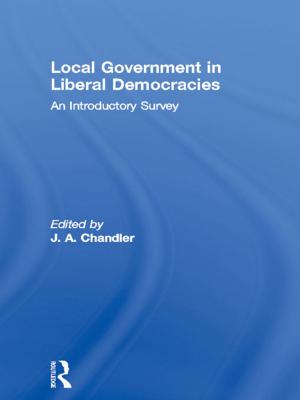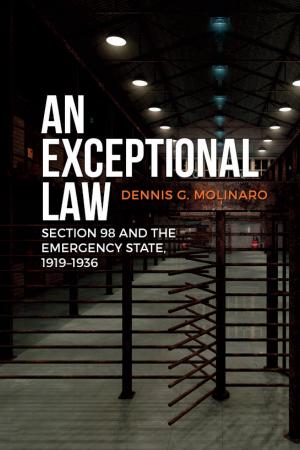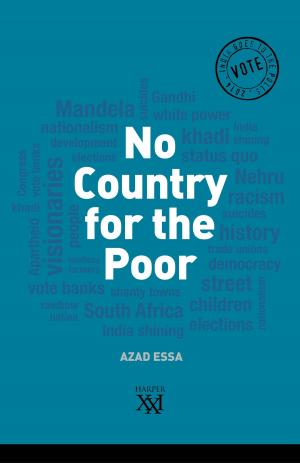| Author: | Miro Haček, Marjan Brezovšek, Simona Kukovič | ISBN: | 9789612356323 |
| Publisher: | Fakulteta za družbene vede, Založba FDV | Publication: | April 30, 2013 |
| Imprint: | 267 | Language: | English |
| Author: | Miro Haček, Marjan Brezovšek, Simona Kukovič |
| ISBN: | 9789612356323 |
| Publisher: | Fakulteta za družbene vede, Založba FDV |
| Publication: | April 30, 2013 |
| Imprint: | 267 |
| Language: | English |
According to the Nations in transit and HDI measurements, Slovenia is
regarded as a democratic country yet with some measurements it can also
be found lower down the scale (problems with corruption). Although such
measurements are not completely accurate, most of them rank Slovenia
among the most successful countries in democratic transition. Since gaining
independence in 1991, Slovenia has completely put in place all democratic
institutions of state organisation, mostly undergone major capital
rearrangements (privatisation, liberalisation, denationalisation) and
achieved both of the starting objectives of new international involvement
together with fulfilment of their criteria (entering the EU and NATO), while
on 1 January 2007 has taken on the common European currency as the first
country among the former socialist countries. Slovenia was also the first
former socialist country that successfully led the EU in first half of 2008.
Authors were motivated to write this book by the recognition that these
days there are more calls for research to examine the actual behaviour of
democratic institutions of state regulation, to ascertain their relationship
and openness to citizens and their initiatives and check the possibilities of
civil society forming policies. The book presents Slovenia’s constitutional
regulation, as well as the organisation and actions of Slovenian authority.
The description of the country’s democratic development highlights the
democratic deficits and considers the possibilities of future development.
According to the Nations in transit and HDI measurements, Slovenia is
regarded as a democratic country yet with some measurements it can also
be found lower down the scale (problems with corruption). Although such
measurements are not completely accurate, most of them rank Slovenia
among the most successful countries in democratic transition. Since gaining
independence in 1991, Slovenia has completely put in place all democratic
institutions of state organisation, mostly undergone major capital
rearrangements (privatisation, liberalisation, denationalisation) and
achieved both of the starting objectives of new international involvement
together with fulfilment of their criteria (entering the EU and NATO), while
on 1 January 2007 has taken on the common European currency as the first
country among the former socialist countries. Slovenia was also the first
former socialist country that successfully led the EU in first half of 2008.
Authors were motivated to write this book by the recognition that these
days there are more calls for research to examine the actual behaviour of
democratic institutions of state regulation, to ascertain their relationship
and openness to citizens and their initiatives and check the possibilities of
civil society forming policies. The book presents Slovenia’s constitutional
regulation, as well as the organisation and actions of Slovenian authority.
The description of the country’s democratic development highlights the
democratic deficits and considers the possibilities of future development.















